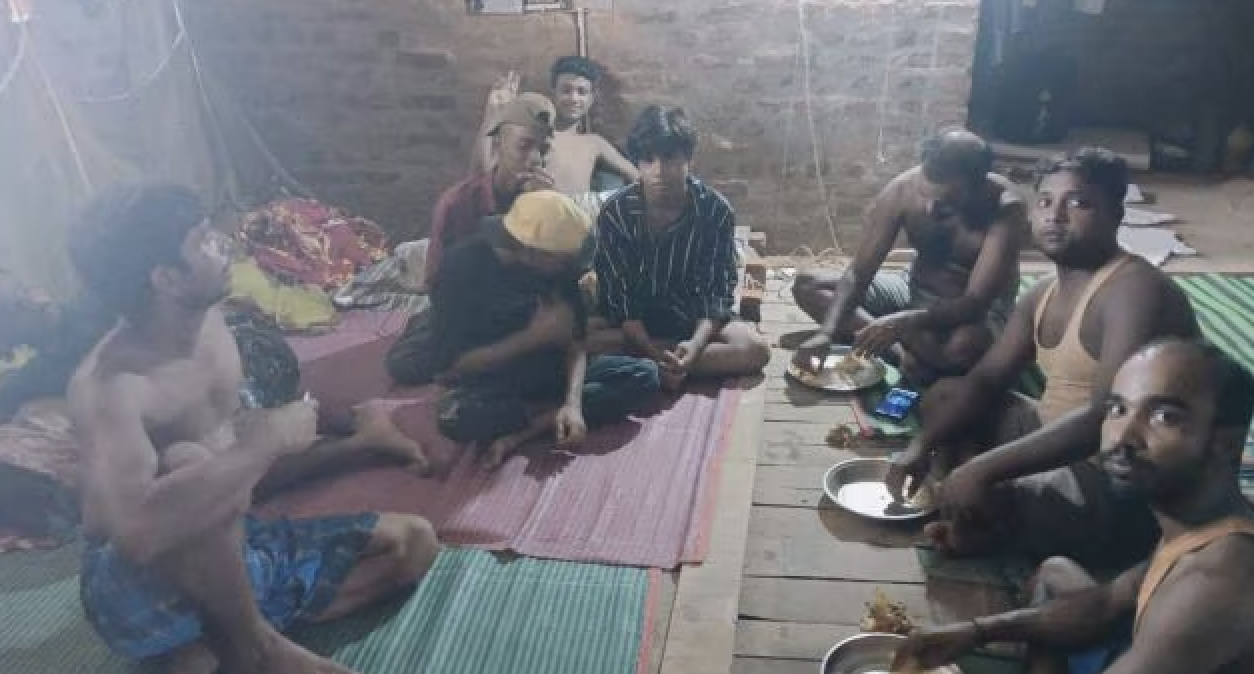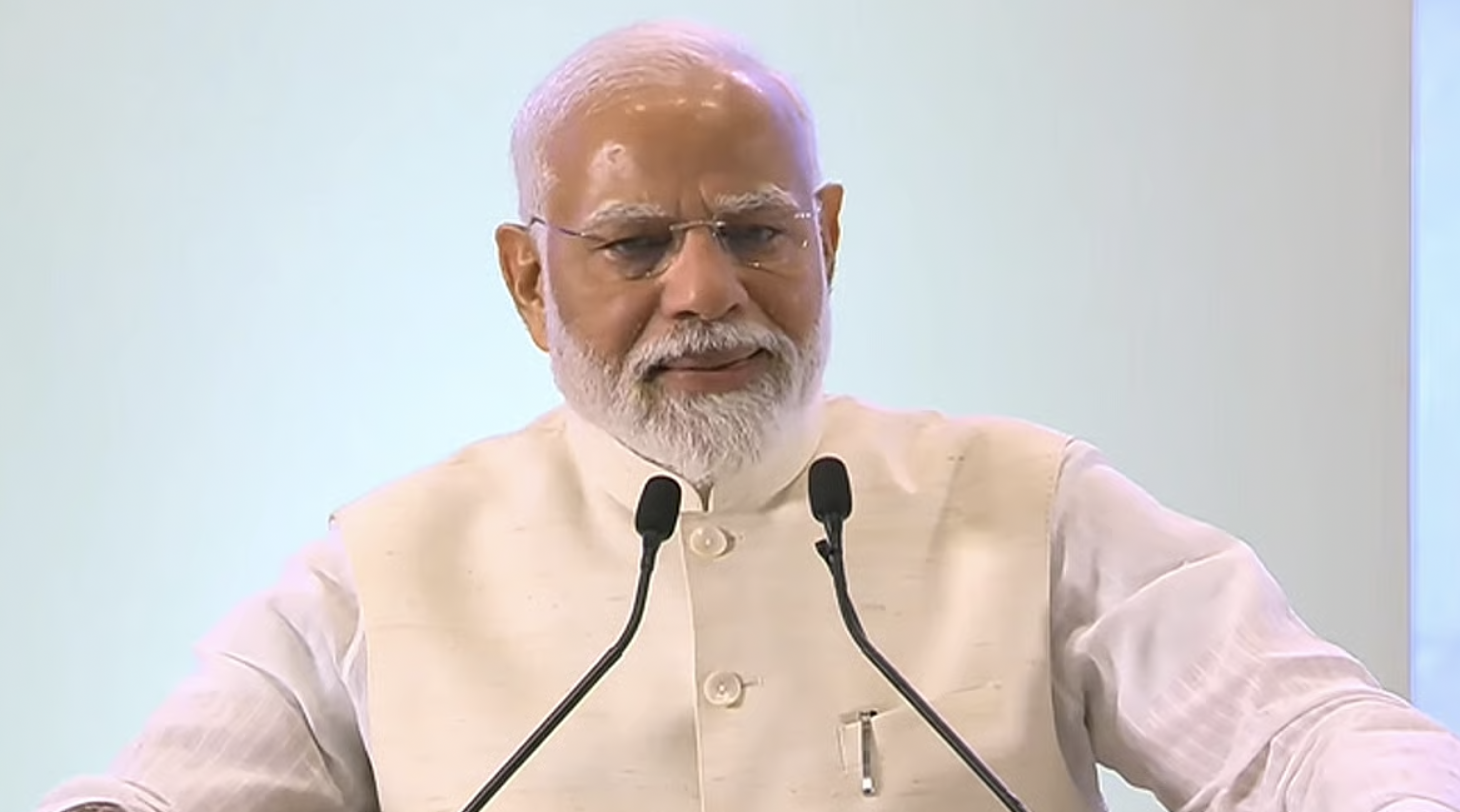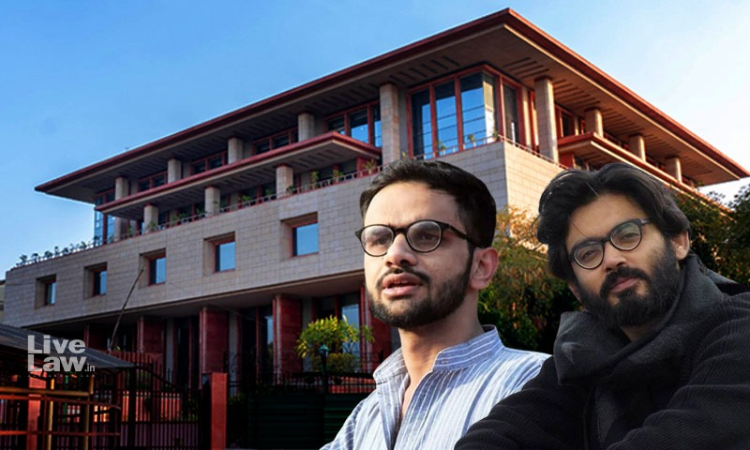The role of the Rashtriya Swayamsevak Sangh (RSS) in redefining the cultures, education, and religious identities as well as histories of India, especially by aligning certain narratives and figures like Rani Gaidinliu to the Hindutva narrative, is not yet fully understood, especially in the predominantly tribal and Christian North East India. The Greater India Experiment: Hindutva and the Northeast by Arkotong Longkumer is therefore a timely and welcome publication.
This book reads very well, written as it is in the style of a novel. The language is good, the style seductive and there is hardly any typo error. Its core strength is ethnography, speaking intimately through the author’s “interlocutors,” who in the context of this book are mostly RSS leaders and volunteers. The characters with dissenting voices are comparatively fewer for which the author must have a reason and the reason is apparently his aim to explain the growing phenomenon of Hindutva in the region and not so much to show how it is being contested from within it. He is neither hidden nor dead in this book, but very much alive and agile in the voices of the persons he has chosen to present before us. There is no way one can pin the author down at any point and expose his bias, if any, in favour or against the RSS; he is as nuanced as possible in writing about the RSS and the Bharatiya Janata Party (BJP). A small slip can make his life difficult, however. After all, the RSS is the ideological fount of the BJP and at times the reason for the party’s electoral success in the region. But, I guess, the more challenging task is to write about the khaki ideology and its practices in a language that is highly readable and yet theoretically rich in providing some of the best possible explanations to the sometimes vague and ambivalent practices of the RSS, especially in North East India. The author draws his theoretical inspirations from across the disciplines and remarkably so in terms of the appropriateness of the same to the contexts he is trying to explain. Rarely did I ever feel that a reference to a particular theory was inappropriate or not relevant at all. The other anthropologist who came to my mind while reading this book was Amitav Ghosh who is of course a lot more senior and much more widely known than Longkumer but the latter is no less promising.
This story was originally published in epw.in . Read the full story here






